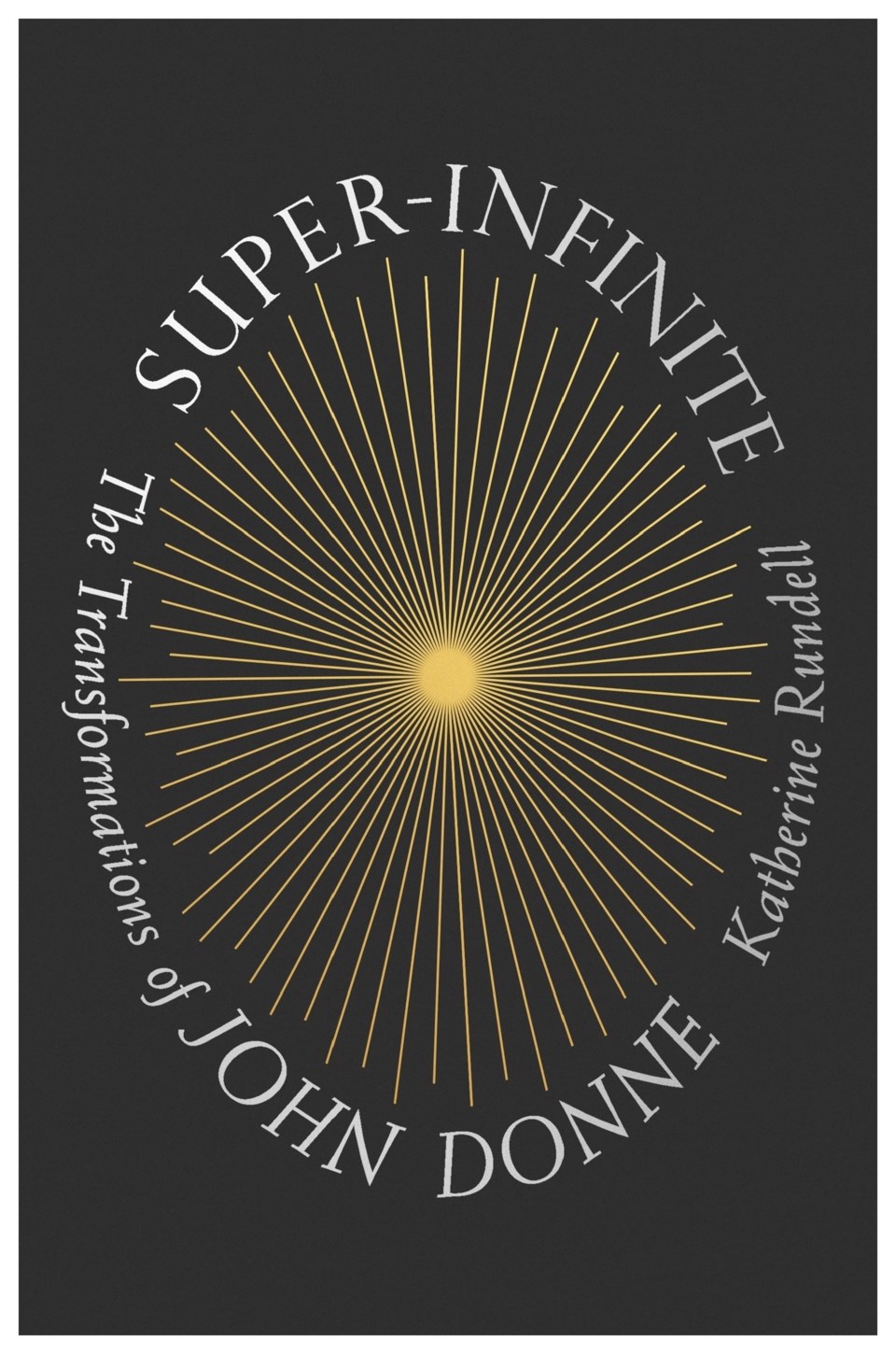LONDON (AP) — A book that argues Elizabethan poet John Donne should rank alongside William Shakespeare as a literary genius has won Britain’s leading nonfiction book award
British writer Katherine Rundell’s biography “Super-Infinite: The Transformations of John Donne” was named winner of the 50,000 pound ($59,000) Baillie Gifford Prize at a ceremony in London on Thursday night.
Rundell said she will give her prize money away to a refugee group and a climate-change charity — inspired by Donne's most famous lines: "No man is an island ... any man's death diminishes me, because I am involved in mankind."
“There are people who could make better use of that money than I could,” Rundell told The Associated Press on Friday.
Rundell said Donne — who over the years was a seafarer, a legal scholar, a lawmaker and a priest — “burst out of the confines” of the poetic traditions of his time to speak about the pain and wonder of life.
“He understood that we are profoundly faulty and the body is full of decay," she said. “We are essentially sort of a disaster, but the most miraculous disaster that there has ever been. He was able to hold love and dread in the same hand.”
She said she hoped the book, which took a decade to write, would give readers “a set of tools to unpick him, because when you do crack a Donne poem it is like cracking a safe. There is gold inside.”
Journalist Caroline Sanderson, who chaired the judging panel, said Rundell's book was a unanimous choice by the six judges from among 362 books submitted for the prize.
She said Rundell, who has published several prize-winning novels for children, had written “a masterpiece of passion and persuasion,” that “sends you off on a journey of discovery.”
Sanderson said the book argues that Donne is “a writer perhaps as great as Shakespeare, and a writer we should all read for his writing on love, sex and death.”
The Baillie Gifford Prize recognizes English-language books from any country in current affairs, history, politics, science, sport, travel, biography, autobiography and the arts.
The other finalists were Caroline Elkins’ “Legacy of Violence: A History of the British Empire;” Sally Hayden’s “My Fourth Time, We Drowned: Seeking Refuge on the World’s Deadliest Migration Route;” Jonathan Freedland’s “The Escape Artist: The Man Who Broke Out of Auschwitz to Warn the World;” Anna Keay’s “The Restless Republic: Britain Without a Crown;” and Polly Morland’s “A Fortunate Woman: A Country Doctor’s Story.”
Last year’s winner was Patrick Radden Keefe’s “Empire of Pain: The Secret History of the Sackler Dynasty,” an expose of the family that helped unleash the United States’ opioid epidemic.
Jill Lawless, The Associated Press




